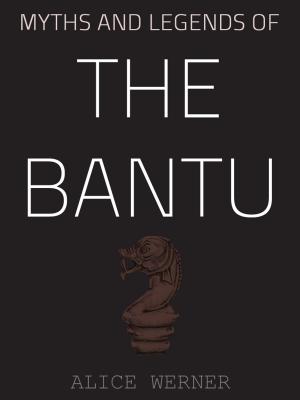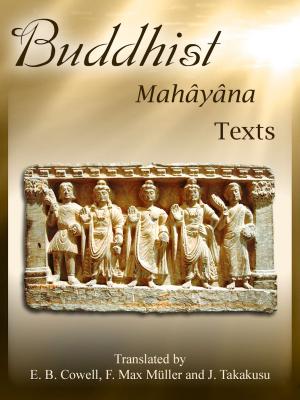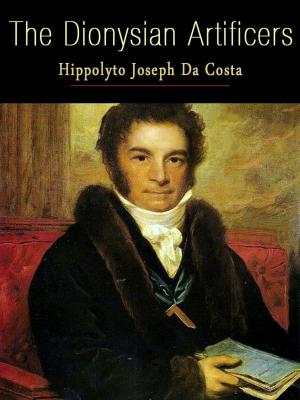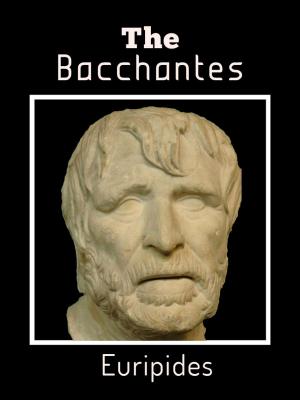The Fountain Of Life
Nonfiction, Religion & Spirituality, Christianity, Church, Church History, Health & Well Being, Self Help, Self Improvement, Motivational, Christian Life| Author: | Solomon ibn Gabirol, Harry E. Wedeck | ISBN: | 1230000097138 |
| Publisher: | AppsPublisher | Publication: | January 6, 2013 |
| Imprint: | Language: | English |
| Author: | Solomon ibn Gabirol, Harry E. Wedeck |
| ISBN: | 1230000097138 |
| Publisher: | AppsPublisher |
| Publication: | January 6, 2013 |
| Imprint: | |
| Language: | English |
The Fountain of Life
by Solomon ibn Gabirol, tr. by Harry E. Wedeck
An extract from the Jewish writer Solomon ibn Gabirol's philosophical treatise on the First Cause
"Solomon ibn Gabirol, also known as Avicebron, was a Spanish-Jewish poet and philosopher of the eleventh century. This is a translation of a key extract from his major philosophical work, the Fons Vitae, or Fountain of Life. In this text, Gabirol uses a Socratic dialog as a framework to discuss his theory of the 'First Cause.' Written in Arabic, the Fons was translated into Latin in the 12th century, The work was attributed to 'Avicebron,' who was not identified as Jewish but as Christian or possibly Muslim. One reason is that Gabirol does not reference the Tanakh or Talmud, as would be normal for a Jewish intellectual from this time and place. In addition, his neo-Platonic views seem to place him in a more Christian intellectual current. However, in 1846, a scholar named Solomon Munk announced that he had discovered that Avicebron was the same person as Gabirol."
The Fountain of Life
by Solomon ibn Gabirol, tr. by Harry E. Wedeck
An extract from the Jewish writer Solomon ibn Gabirol's philosophical treatise on the First Cause
"Solomon ibn Gabirol, also known as Avicebron, was a Spanish-Jewish poet and philosopher of the eleventh century. This is a translation of a key extract from his major philosophical work, the Fons Vitae, or Fountain of Life. In this text, Gabirol uses a Socratic dialog as a framework to discuss his theory of the 'First Cause.' Written in Arabic, the Fons was translated into Latin in the 12th century, The work was attributed to 'Avicebron,' who was not identified as Jewish but as Christian or possibly Muslim. One reason is that Gabirol does not reference the Tanakh or Talmud, as would be normal for a Jewish intellectual from this time and place. In addition, his neo-Platonic views seem to place him in a more Christian intellectual current. However, in 1846, a scholar named Solomon Munk announced that he had discovered that Avicebron was the same person as Gabirol."















